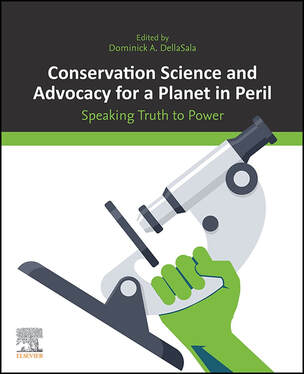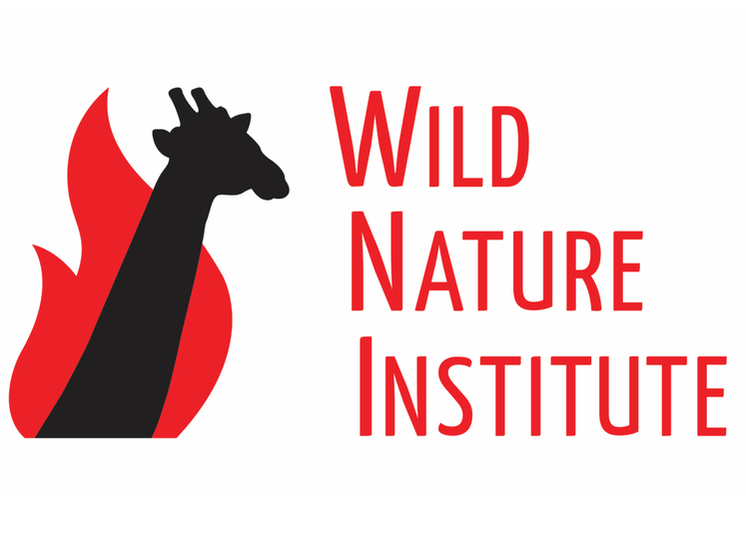 As practitioners or beneficiaries of science, we all have a stake in ensuring that science is not hijacked or corrupted by special interests. Science is a practical method to gain knowledge, but some knowledge is dangerous to those people protecting a paradigm they hold dear, or industries that profit from public ignorance about their activities. Like democracy, science requires free speech and free press to function properly such that the marketplace of ideas can consider any new, even shocking idea, and then empirically judge its veracity. In practice, the marketplace of ideas is severely skewed in favor of entrenched power structures and status quo ideologies of thought collectives, but dissidents still can and do change the world. "When scientists are attacked: strategies for dissident scientists and whistleblowers" is a chapter in the book 'Conservation Science and Advocacy for a Planet in Peril', edited by Dominick DellaSala and published by Elsevier. The chapter was written to help scientists whose findings or ideas challenge powerful economic or intellectual interests and find themselves under attack. There is a long history of intellectual gatekeeping of ideas in science. Examples include the denigration of Darwin's theory of evolution and Galileo's discoveries, which challenged the authority of the Catholic Church. The strong influence that ideological elites have had on science has obvious scientific, political, and economic implications, yet scientists have few roadmaps for navigating the minefield they will encounter when promoting findings that conflict with powerful peoples' status quo. Outspoken scientists often risk their professional reputations, and even careers. Many scientists are afraid to even practice good science when they know it will go against powerful interests. After defining contrarian scientists, dissident scientists, and whistleblowers, the authors describe likely responses from gatekeepers and thought collectives, along with strategies for dissident scientists and whistleblowers to get their voices heard, or just to defend themselves from ideological attacks. There are signs of progress in making science more transparent and open, which in turn could help amplify the voices of dissidents and whistleblowers. The authors conclude with a call for honesty and integrity in the practice of science, scientific publishing (including editorial decisions), peer review, education, and public policy. Such activities will dissolve the power that the gatekeepers and thought collectives wield to suppress contrarian and dissenting scientists that have legitimate and provocative research views to contribute. The book is a history of scientific activism as well as a guide for scientists whose conscience demands they raise their voices to be heard in this age of disinformation.
0 Comments
Your comment will be posted after it is approved.
Leave a Reply. |
Science News and Updates From the Field from Wild Nature Institute.
All Photos on This Blog are Available as Frame-worthy Prints to Thank Our Generous Donors.
Email Us for Details of this Offer. Archives
July 2024
|
|
Mailing Address:
Wild Nature Institute PO Box 44 Weaverville, NC 28787 Phone: +1 415 763 0348 Email: [email protected] |
|

 RSS Feed
RSS Feed
